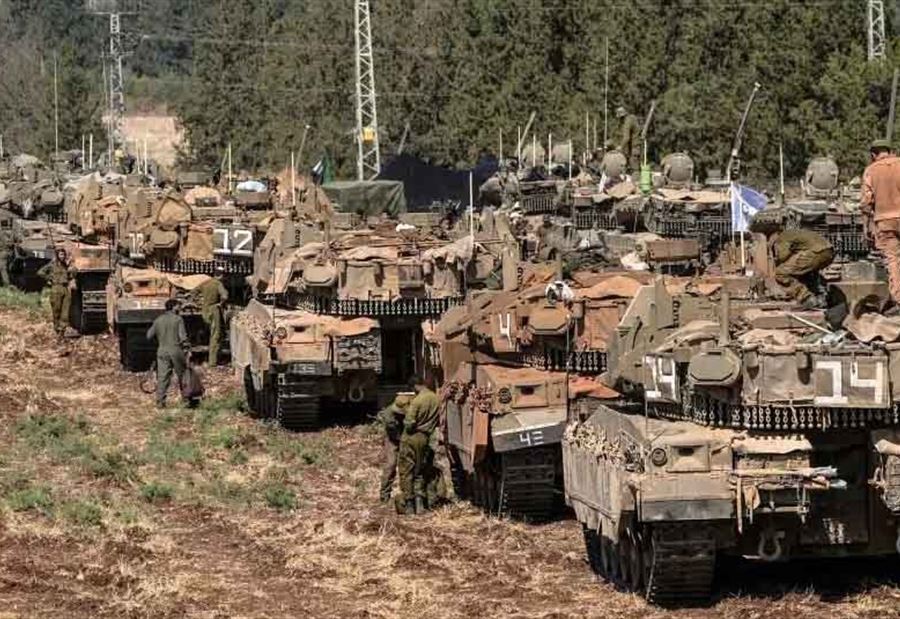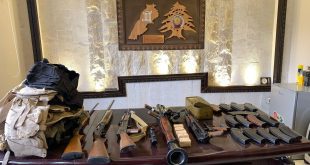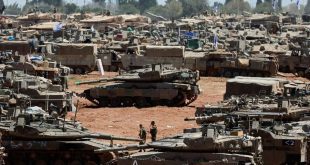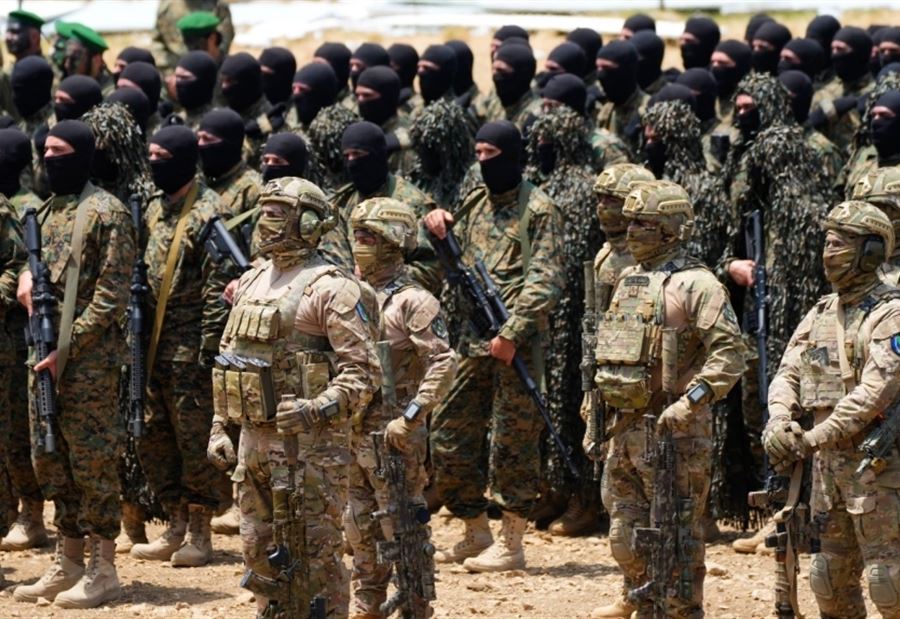حرب الحدود: العمق الدفاعي للمقاومة وتصعيد الغارات الإسرائيلية على لبنان
مع تصاعد الأحداث على الحدود الجنوبية اللبنانية، تستمر إسرائيل في تصعيد هجماتها البرية والجوية، مستهدفة مواقع متفرقة من الجنوب إلى البقاع والضاحية الجنوبية، في خطوة تحمل أبعادًا عسكرية وسياسية تهدف إلى إضعاف المقاومة وإحداث تأثير على البيئة الحاضنة لها.
مرحلة جديدة من الحرب: توغل أعمق نحو الخط الثاني
يؤكد العميد الطيار المتقاعد بسام ياسين أن المرحلة الثانية من الحرب الإسرائيلية تتمثل في التقدم نحو مناطق الخط الثاني، بعدما دُمرت بلدات الخط الأول بشكل كامل. ورغم انسحاب القوات الإسرائيلية من بعض القرى الأمامية، فإنها ما زالت قادرة على التحكم بها بالنظر والنار.
وأشار إلى أن المقاومة ما زالت تمتلك القدرة على التسلل والقيام بعمليات في تلك المناطق، ما يربك حسابات العدو.
لماذا لا تتمركز إسرائيل في المناطق الأمامية؟
يوضح العميد ياسين أن التمركز في المواقع الأمامية يشكل خطراً على القوات الإسرائيلية، حيث يعرضها لكمائن وعمليات استشهادية. لذلك، يفضل العدو البقاء في مواقع توفر له حماية دفاعية، معتمدًا على المراقبة الجوية والمراكز المحصنة.
الدفاع في العمق: معركة مفتوحة وقوة أكبر
يرى ياسين أن المواجهات في مناطق العمق ستشهد دفاعًا مختلفًا وأكثر قوة من المقاومة، نظرًا لأهمية هذه المناطق كخط دفاع استراتيجي. وأكد أن هذه المرحلة من الحرب ستكون أكثر صعوبة على الجيش الإسرائيلي.
تصعيد الغارات: أهداف استراتيجية وسياسية
مع زيادة وتيرة الغارات الإسرائيلية، خاصة على الضاحية الجنوبية، يُرجع العميد ياسين ذلك إلى محاولة تدمير البنية السكنية والاقتصادية للمنطقة لتأليب البيئة الحاضنة ضد المقاومة. لكنه أشار إلى أن القرار العسكري الإسرائيلي يُدار وفق خطط استراتيجية وليس بتأثير مباشر من شخصيات مثل وزير الدفاع.
دور العمالة والتكنولوجيا في الاستهدافات
لفت ياسين إلى أن إسرائيل تعتمد على مصادر متعددة لجمع المعلومات، منها التكنولوجيا المتقدمة لمراقبة الاتصالات، والعامل البشري الذي يظل مؤثرًا في توفير معلومات حساسة عن مواقع الأهداف.
هل هناك خطر فتنة داخلية؟
رغم حدة الخطاب الداخلي والتحريض ضد المقاومة، يستبعد ياسين خطر اندلاع فتنة شاملة، مؤكدًا أن وعي القيادات اللبنانية بمخاطر الحرب الأهلية السابقة يجعلهم يتجنبون التصعيد. لكنه حذر من خطابات بعض “الموتورين” والصحافة المدفوعة التي قد تُفاقم التوترات.
المصدر: ليبانون ديبايت
Border Warfare: Resistance’s Defensive Depth and Escalating Israeli Airstrikes on Lebanon
Amid escalating tensions along Lebanon’s southern border, Israel has intensified its airstrikes and ground operations, targeting various areas from the south to the Bekaa and Beirut’s southern suburbs. These actions carry both military and political objectives aimed at weakening the resistance and impacting its support base.
A New Phase of the War: Deeper Incursions into the Second Line
Retired Air Force Brigadier General Bassam Yassine explains that Israel’s second phase involves advancing into second-line areas after completely destroying first-line border villages. Despite withdrawing from certain frontline villages, the Israeli military maintains control through firepower and surveillance.
Yassine highlights that the resistance remains capable of infiltrating these villages and conducting operations, creating uncertainty for Israeli forces.
Why Doesn’t Israel Station Troops in Frontline Areas?
Yassine clarifies that positioning forces in frontline areas poses risks of ambushes and martyrdom operations. Instead, Israeli forces prefer to stay in fortified positions equipped with advanced monitoring systems.
Defensive Depth: An Open Battle with Increased Resistance Strength
Yassine predicts that the battles in defensive-depth areas will be tougher for Israel, as these zones hold strategic importance for the resistance. He emphasizes that resistance forces are well-prepared to confront deeper incursions.
Airstrike Escalation: Strategic and Political Motivations
The intensified airstrikes, particularly on Beirut’s southern suburbs, aim to dismantle the region’s infrastructure and housing, attempting to provoke dissent within the resistance’s support base. Yassine stresses that such military actions align with pre-approved operational plans, not individual decisions by figures like the defense minister.
The Role of Espionage and Technology in Targeting
Yassine notes that Israel relies on a combination of advanced technology for intercepting communications and human intelligence to pinpoint strategic targets.
The Risk of Internal Discord
Despite heightened rhetoric against the resistance, Yassine downplays the likelihood of a nationwide sectarian conflict. He believes that Lebanon’s leaders, wary of the devastating impact of past civil wars, are committed to avoiding internal strife. However, he warns of the dangers posed by inflammatory rhetoric from certain media outlets and radical individuals.
Translated by international scopes team
 International Scopes – سكوبات عالمية إجعل موقعنا خيارك ومصدرك الأنسب للأخبار المحلية والعربية والعالمية على أنواعها بالإضافة الى نشر مجموعة لا بأس بها من الوظائف الشاغرة في لبنان والشرق الأوسط والعالم
International Scopes – سكوبات عالمية إجعل موقعنا خيارك ومصدرك الأنسب للأخبار المحلية والعربية والعالمية على أنواعها بالإضافة الى نشر مجموعة لا بأس بها من الوظائف الشاغرة في لبنان والشرق الأوسط والعالم




